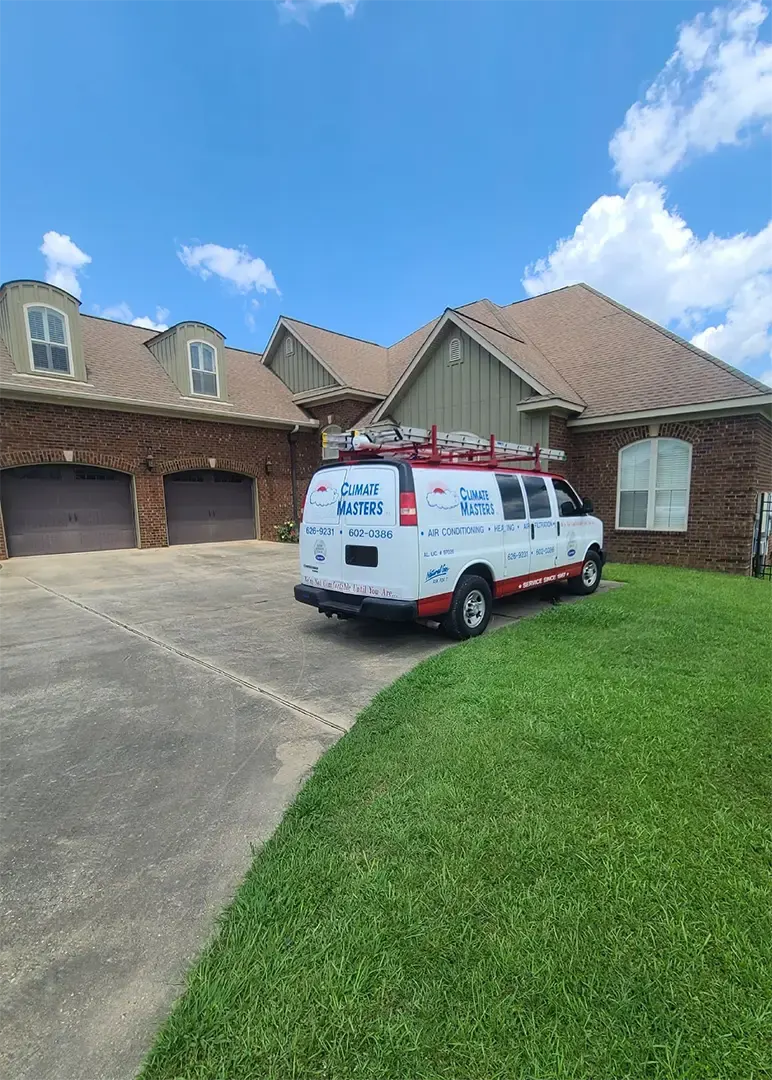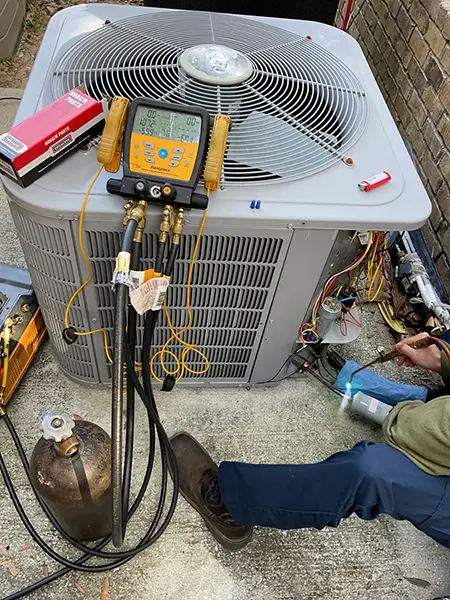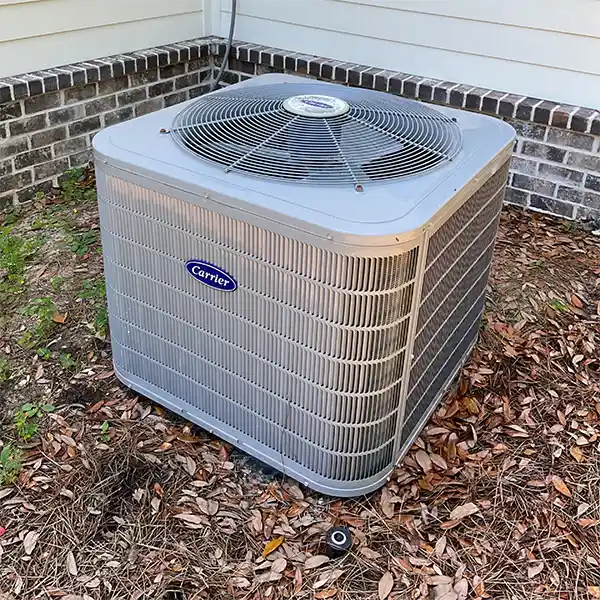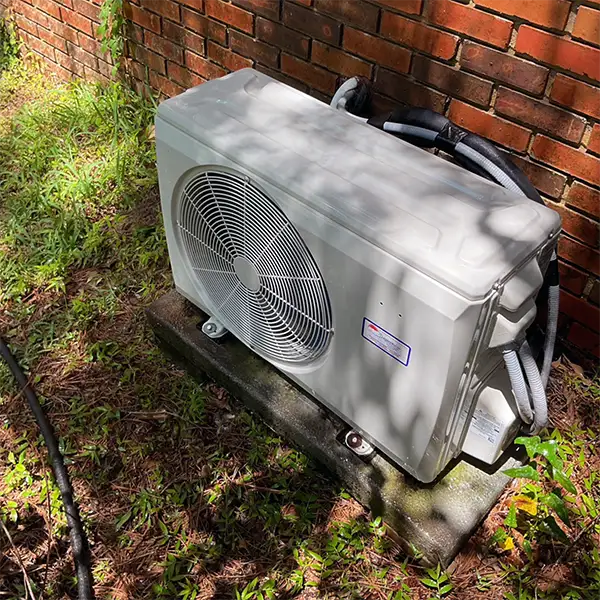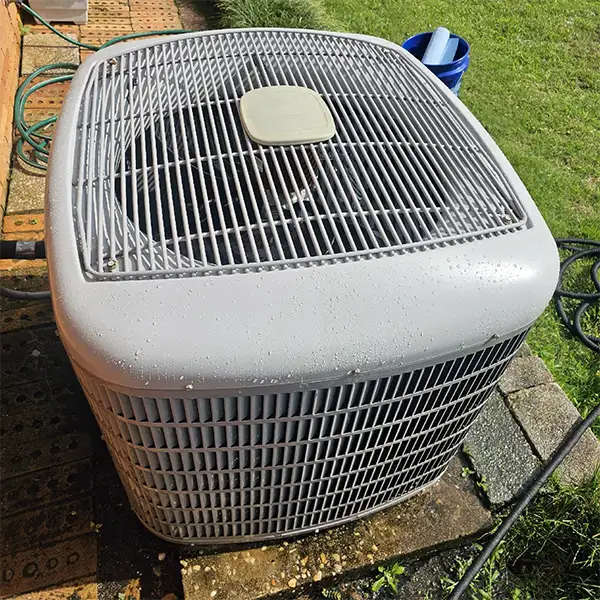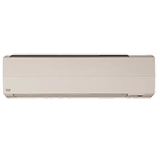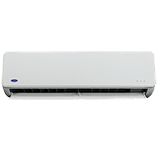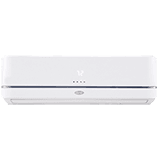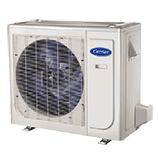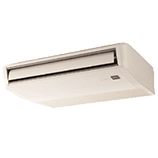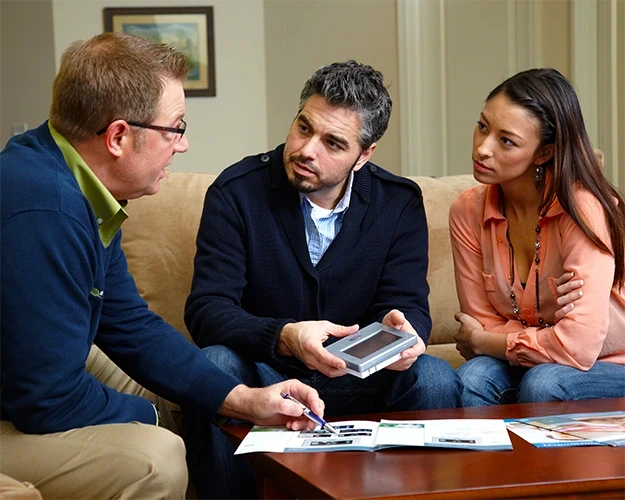Frequently Asked Questions
How often should I schedule AC maintenance, and why is it important?
AC maintenance should be scheduled at least once a year, ideally before the peak cooling season. Regular maintenance is crucial because it helps catch small issues before they become costly repairs, ensures your system operates at peak efficiency, and extends the lifespan of your equipment. During a maintenance visit, technicians perform tasks like cleaning coils, checking refrigerant, tightening electrical connections, and inspecting the blower motor. These steps reduce the risk of breakdowns during the hottest months and can lower your energy bills by keeping the system running smoothly. In areas with high humidity and salt air, like this region, maintenance also helps prevent corrosion and mold growth that can damage your AC and affect indoor air quality. Scheduling annual service is a proactive way to protect your investment and ensure reliable comfort year-round
What are the signs that my AC system needs repair?
Common warning signs include warm air blowing from vents, weak or inconsistent airflow, strange noises such as grinding or squealing, foul odors, frequent cycling on and off, and sudden increases in energy bills. You may also notice water pooling around the indoor unit or higher humidity levels indoors. These symptoms can indicate problems like refrigerant leaks, clogged filters, electrical issues, or failing components. Ignoring these signs can lead to more serious damage, including compressor failure or water damage. If you experience any of these issues, it’s best to contact a professional technician promptly for a thorough diagnosis and repair to restore your system’s performance and prevent further complications
How do technicians detect and repair refrigerant leaks?
Technicians use specialized tools such as electronic leak detectors and UV dyes to locate refrigerant leaks within the system. Once the leak is identified, the technician will repair or replace the damaged section of tubing or coil. After the repair, the system is evacuated to remove moisture and air, then recharged with the correct type and amount of refrigerant. Only certified professionals are allowed to handle refrigerants due to strict environmental regulations. Properly repairing leaks and recharging the system ensures efficient cooling, prevents compressor damage, and helps maintain healthy humidity levels in your home
Why is cleaning the condenser and evaporator coils so important?
Over time, dirt, dust, and debris accumulate on the coils, acting as insulation and preventing efficient heat transfer. This forces the AC to work harder, increasing energy consumption and wear on the compressor. In coastal areas, salt buildup can accelerate corrosion, further reducing efficiency and lifespan. Cleaning the coils restores optimal performance, reduces the risk of overheating, and can improve your system’s energy efficiency by up to 15 percent. Regular coil cleaning is a key part of preventative maintenance and helps avoid unexpected breakdowns during periods of heavy use
What should I do if my AC is running but not cooling my home?
First, check that your thermostat is set correctly and the air filter is clean. Ensure that all vents are open and unobstructed, and inspect the outdoor unit for debris. If these basic checks don’t resolve the issue, the problem could be low refrigerant, dirty coils, a malfunctioning compressor, or electrical faults. Continuing to run the AC in this condition can cause further damage. It’s best to turn off the system and call a professional technician who can accurately diagnose and repair the underlying problem, restoring proper cooling and preventing additional issues
